I am trying to read complete messages from my GPS via serial port.
The message I am looking for starts with:
0xB5 0x62 0x02 0x13
So I read from the serial port like so
while (running !=0)
{
int n = read (fd, input_buffer, sizeof input_buffer);
for (int i=0; i<BUFFER_SIZE; i++)
{
if (input_buffer[i]==0xB5 && input_buffer[i+1]== 0x62 && input_buffer[i+2]== 0x02 && input_buffer[i+3]== 0x13 && i<(BUFFER_SIZE-1) )
{
// process the message.
}
}
The problem I am having is that I need to get a complete message. Half of a message could be in the buffer one iteration. And the other half could come into the message the next iteration.
Somebody suggested that free the buffer up from the complete message. And then I move the rest of data in the buffer to the beginning of the buffer.
How do I do that or any other way that make sure I get every complete selected message that comes in?
I want a particular class and ID. But I can also read in the length
